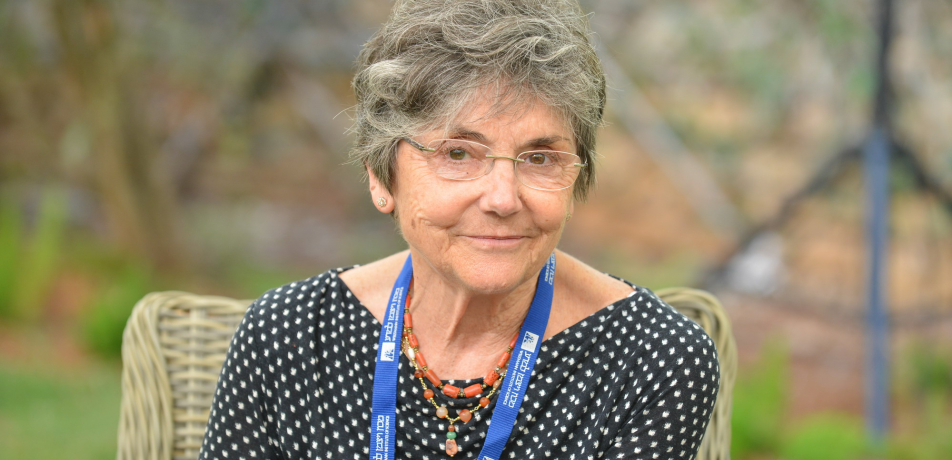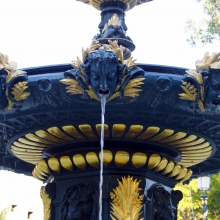Putting energy into physics
Briefs

The Weizmann Institute was recently gifted an endowment by Milvia Perinot and the Fondazione Henry Krenter toward a new research center within the Frontiers of the Universe flagship: the Krenter-Perinot Center for High-Energy Particle Physics.
The Center stands to have a significant impact on studies being performed at CERN (the European Organization for Nuclear Research), where Weizmann researchers are advancing one of the most ambitious projects in particle physics—the ATLAS Experiment.
Perinot, who makes her home in Switzerland, created the foundation in memory of her life-long partner, Henry Krenter, who passed away in 2008 and maintained a strong attachment to Israel ever since fighting in the War of Independence in 1948. Perinot established the Henry Chanoch Krenter Institute for Biomedical Imaging and Genomics, and supports cancer research, graduate students, women in science, and other areas. She received the Institute’s PhD honoris causa in 2017.
The new Center will advance a variety of initiatives in the field of particle physics―the study of the fundamental particles and forces that give shape to and govern the behavior of every type of matter. This research takes place on the Weizmann campus, as well as at specialized facilities worldwide, most notably at CERN’s Large Hadron Collider (LHC).
Weizmann scientists are noted leaders in the LHC’s ATLAS Experiment, where particle collisions, tracked by a massive detector partially designed on the Weizmann campus, open a window on the Universe’s dynamics and development, from the moment of its creation in the Big Bang to the present day.
“The next big stage of the ATLAS experiment is a ‘high luminosity’ upgrade, which will crank up the performance of the LHC, and its potential for discoveries, by a factor of 10,” said Dr. Shikma Bressler, a member of the Department of Particle Physics and Astrophysics, who is among the leaders of the CERN consortium responsible for one of the five subsystems that make up the 7,000-ton ATLAS detector. “The high luminosity upgrade will increase the number of collisions, allowing scientists to study fundamental components of matter in more detail. It is a very large Israeli national project, in which the design, testing, and prototyping will be performed solely on the Weizmann campus.”
The new Krenter-Perinot Center will also advance CERN’s non-LHC program―including research led by Dr. Bressler’s departmental colleague Prof. Alexander Milov related to the structure of protons and the study of dark matter. The Institute extends its deep gratitude to Milvia Perinot for her philanthropic commitment to advancing Weizmann research that will propel the field of physics forward.








